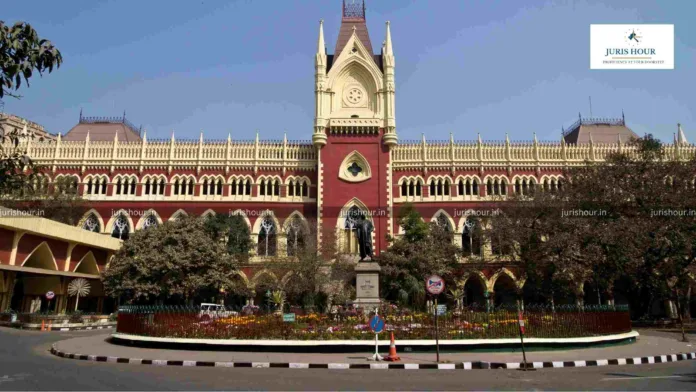The Calcutta High Court had held that mere company registration and income tax returns (ITR) were not sufficient to prove creditworthiness.
The bench of Chief Justice T.S. Sivagnanam and Justice Chaitali Chatterjee (Das) has observed that the identity of the investors companies has been established as they are registered to the Registrar of Companies and they are regularly assessed to income tax and in such factual situation the doctrine of “source of source” or “origin of origin” should be made applicable. Thus applying the above principles if the doctrine of “origin of origin” or “source of source” is applied to the case on hand, it will be manifestly clear that the share capital raised with huge premium was a devise adopted to route undisclosed funds to the desired end of the beneficiary taking recourse to the corporate veil.
The respondent, Minto Park Estates Pvt. Ltd., incorporated in March 2012, had received a total of ₹1.34 crore during the financial year 2011-2012, of which ₹1.10 crore was towards share premium from nine investor companies through private placement. The company declared a meagre income of ₹770 in its tax return for the same year.
The Assessing Officer had found that most of the share subscriber companies were newly incorporated, had no substantial income, and were not engaged in any real business activities. It was further noted that the source of funds claimed by these entities—primarily sale of shares—was not substantiated through reliable documentation or credible financials. Moreover, the directors of these companies failed to appear despite summons issued under Section 131 of the Act.
The AO, therefore, concluded that the transaction was a deliberate attempt by the assessee to infuse unaccounted money in the garb of share premium, using shell entities and circuitous routes. The sum was added to the assessee’s income under Section 68.
The order was upheld by the CIT(A), who pointed out several red flags, including all investing companies had NIL or insignificant income. The assessee’s promoters received shares at face value while investor companies paid a heavy premium. No computation or justification for the high premium was provided. Investor companies failed to appear or submit any clarifications. No business link was shown between the assessee and the investor companies.
The Income Tax Appellate Tribunal (ITAT) set aside the addition, primarily on the ground that the AO did not examine discrepancies in documents furnished and took an adverse view based solely on non-appearance of directors.
The High Court found this approach flawed, holding that the AO had duly examined all documents and summoned the directors for verification. The tribunal erred in assuming the AO had not scrutinized the material. The non-appearance of investor directors and lack of business operations raised serious doubts about creditworthiness. Mere documentation and routing through banking channels could not override suspicious circumstances and lack of financial substance.
The Court reaffirmed that under Section 68, the burden lies on the assessee to prove identity, creditworthiness, and genuineness of transactions. Failure to do so—especially in private placement cases involving high premiums—legally justifies additions.
The Court also dismissed the preliminary objection raised by the assessee regarding the maintainability of the appeal on the ground of low tax effect (Rs. 48.5 lakh), citing CBDT Circular No. 9 of 2024, which permits appeals in cases of organized tax evasion, even below monetary limits.
The court held that the tribunal committed a serious error in reversing the findings recorded by the appellate authority while affirming the order passed by the assessing officer.
Case Details
Case Title: PCIT Versus Minto Park Estates Private Limited
Case No.: ITAT/4/2025
Date: 01.08.2025
Counsel For Petitioner: Aryak Dutta, Sr. Standing Counsel
Counsel For Respondent: Abhratosh Majumder, Sr. Adv.

